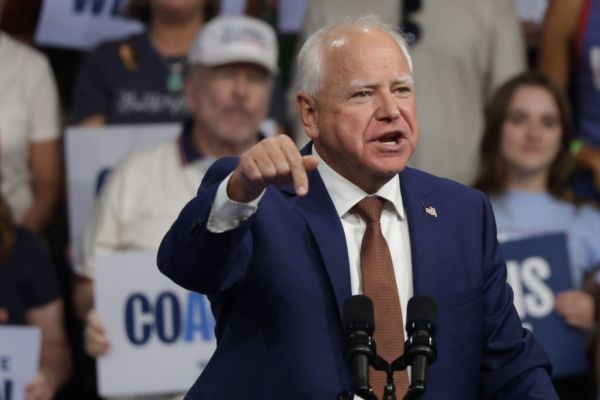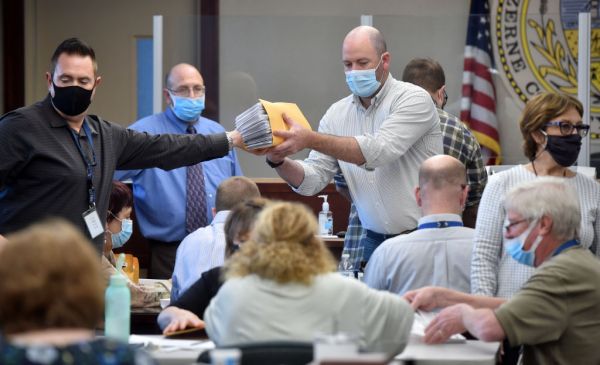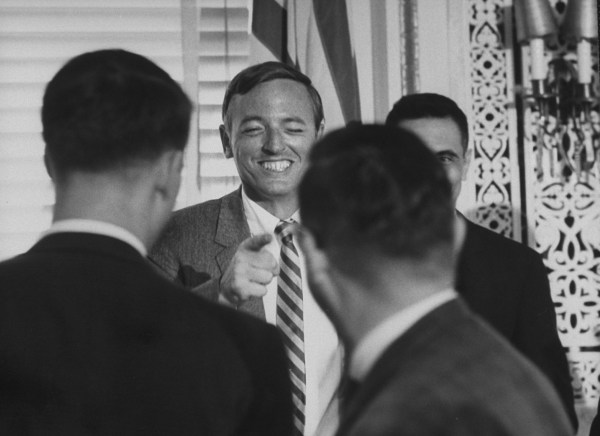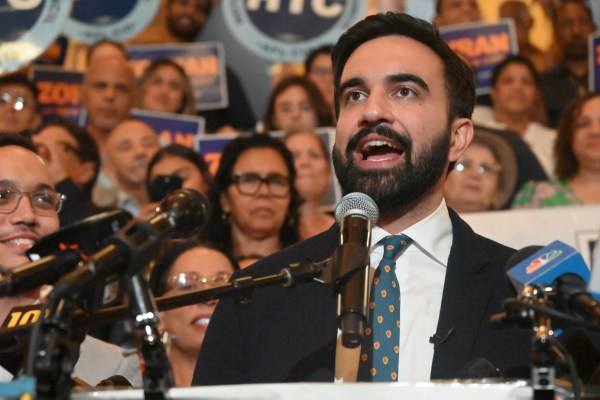Social media users are sharing a video of law enforcement officers firing paintball guns at residents of a Minneapolis neighborhood and claiming that the patrol was a product of Minnesota Gov. Tim Walz’s COVID-19 restrictions in the state.
“Let’s not forget [Walz] sending these people into neighborhoods to shoot people with paintball guns that wouldn’t stay inside during COVID !!” reads one repost of the video. “Here is a clean downloadable video of Tim Walz enforcing his 2020 Covid lockdowns by having police shoot civilians with paintball guns,” says another.
The video is real and did occur during the COVID-19 pandemic. However, it shows enforcement of a curfew issued during protests linked to the death of George Floyd, not COVID-19 stay-at-home orders.
On May 25, 2020, George Floyd died while being detained by Minneapolis police officer Derek Chauvin during an arrest in south-central Minneapolis. Protests began across Minneapolis the following day, drawing large numbers of demonstrators into the city’s streets. By the night of May 28, the demonstrations had turned violent and multiple buildings—including businesses, a library, and a police precinct station—had been burned to the ground. That day, Walz, then in his second year as governor, declared a state of peacetime emergency and activated the Minneapolis National Guard to assist the overwhelmed police force.
“My first and foremost responsibility to the state of Minnesota is the safety and security of all citizens. We cannot have the looting and the recklessness that went on,” Walz said in a May 29 news conference. While he recognized the importance of addressing institutional racism and police brutality, Walz emphasized that violence and destruction would make peaceful protesting and necessary reform more difficult, and noted that many of the violent protesters were from out of state. “None of us can tackle these problems if anarchy rules on the street,” he said.
The same day, Walz signed an executive order implementing a temporary curfew across Minneapolis and Saint Paul. “Because much of the destruction and violence has taken place under the cover of darkness, we must implement a temporary nighttime curfew, in coordination with the Cities of Minneapolis and Saint Paul, to ensure public safety,” the order read. The nighttime curfew extended from 8 p.m. until 6 a.m. on May 29 and May 30, during which no one would be allowed to “travel on any public street or in any public place.”
Shortly after the curfew went into effect on May 29, National Guard soldiers began strictly enforcing curfew orders across the city, using tear gas, paintballs, and rubber bullets to target protesters violating the order. The specific video in question was posted on X during the second night of curfew enforcement by Minneapolis resident Tanya Kerssen and took place in the city’s Whittier neighborhood. The video was viewed widely at the time and shared by local and national media. Kerssen appears to have deleted the original post following its renewed attention in recent weeks.
If you have a claim you would like to see us fact check, please send us an email at factcheck@thedispatch.com. If you would like to suggest a correction to this piece or any other Dispatch article, please email corrections@thedispatch.com.









Please note that we at The Dispatch hold ourselves, our work, and our commenters to a higher standard than other places on the internet. We welcome comments that foster genuine debate or discussion—including comments critical of us or our work—but responses that include ad hominem attacks on fellow Dispatch members or are intended to stoke fear and anger may be moderated.
With your membership, you only have the ability to comment on The Morning Dispatch articles. Consider upgrading to join the conversation everywhere.